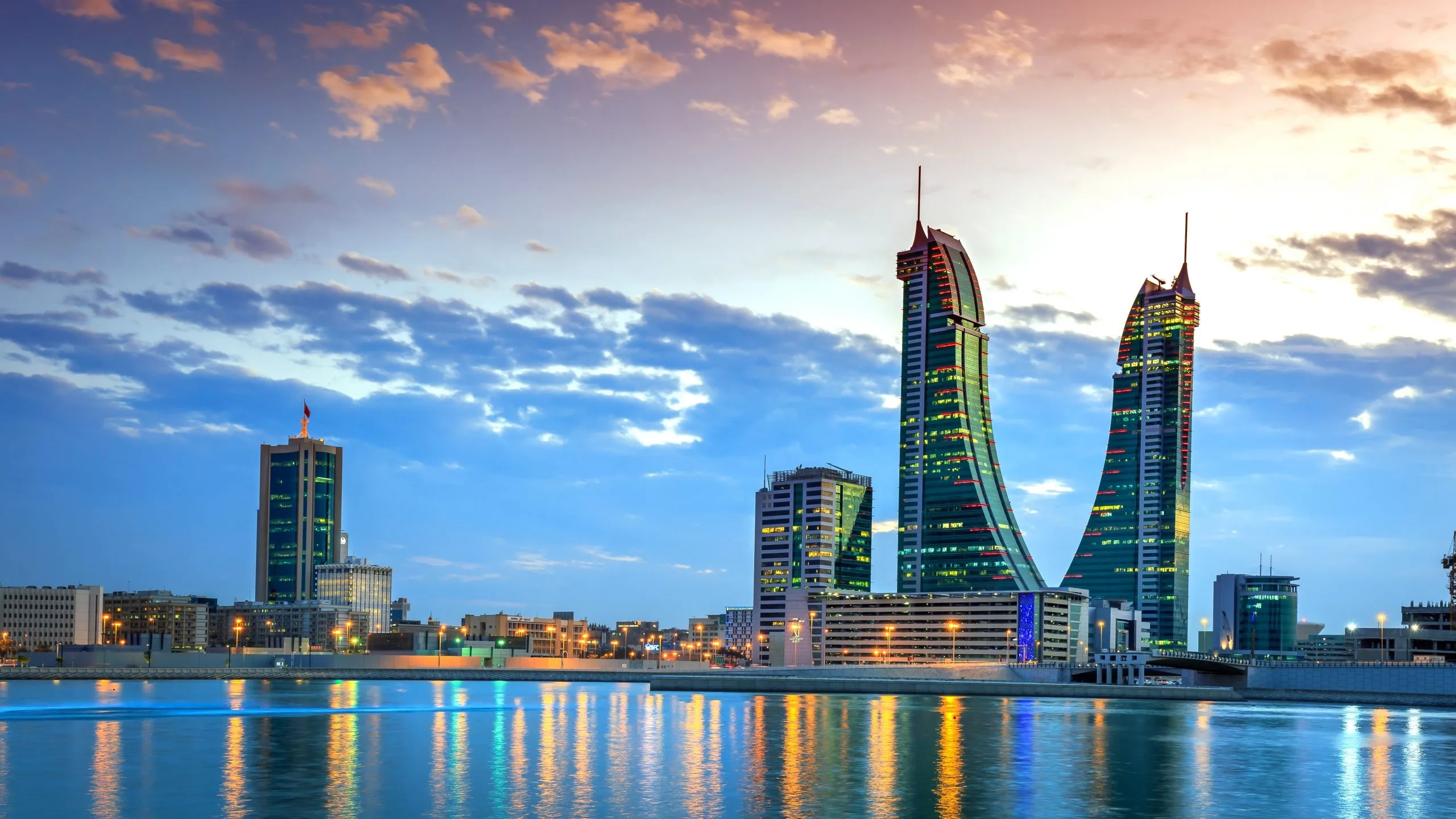1. Bank employees, financial analysts, accountants, investment bankers:
Entry-level salaries: $2,000 to $3,000/month.
Salaries for experienced professionals: from $4,000 to $8,000/month.
2. IT managers, software developers, network engineers, cybersecurity specialists:
Entry-level salaries: from $2,000 to $4,000/month.
Salaries for experienced professionals: from $4,000 to $8,000/month.
3. Doctors, nurses, pharmacists, healthcare administrators:
Nurse salary: from $1,500 to $3,000/month.
Salaries of doctors and specialists: varies widely, experienced doctors potentially earn more
4. Mechanical engineers, civil engineers, electrical engineers, project managers:
Entry-level salaries: $2,000 to $3,000/month.
Salary for experienced professionals: $4,000 and above / month.
5. Teachers:
Salary: from $1,500 to $2,500 / month.
The standard working week in Bahrain is 48 hours, usually spread over six days.
For non-Muslim employees, Friday and Saturday are official days off, while for Muslim employees, it is usually Thursday and Friday.
30 days of vacation for those who have worked for more than five years.
21 days of vacation for those who have worked for three to five years.
14 days of vacation for those who have worked for less than three years.
Employees are generally entitled to up to 15 days of sick leave with full pay per year.
The duration of maternity leave can vary, but it is usually around 60 days with full pay.
- Social security and benefits:
Employees and employers contribute to a social insurance program that provides benefits such as old-age, disability, and survivors' pensions, as well as insurance against workplace injuries.
- Minimum salary in Bahrain - US$147 per month
- Average salary in Bahrain - US$332 per month
1. Government initiatives:
The Bahraini government has established various institutions and initiatives to support entrepreneurs, including the Bahrain Economic Development Board (EDB), Tamkeen, and the Bahrain Development Bank (BDB).
2. Innovation zones:
Bahrain has introduced innovation zones such as the Bahrain International Investment Park (BIIP) to encourage innovative businesses.
3. Access to finance:
There is a growing venture capital market in Bahrain, with several funds and angel investors actively supporting startups. The Bahrain Development Bank also provides funding and support to startups.
4. Fintech and technology hub:
Bahrain is positioning itself as a fintech and technology hub in the region. The Central Bank of Bahrain has introduced regulations to encourage fintech innovation, making the country an attractive location for startups in the financial technology sector.
5. Access to the Gulf region:
Bahrain's strategic location in the Gulf Cooperation Council (GCC) makes it a suitable launching pad for startups looking to expand into the broader Gulf region.
6. Popular business sectors
- financial services
- real estate and construction
- tourism and hospitality
- information and communication technologies (ICT)
- healthcare and life sciences
1. Manama: The capital city, Manama, is the primary economic and business hub of Bahrain, offering a well-developed financial sector, a free trade agreement, and a supportive business environment.
2. Riffa: Riffa is known for its commercial and residential developments, making it a significant location for real estate and retail businesses.
3. Muharraq: Muharraq plays a vital role in Bahrain's logistics and transportation industry, with the Bahrain International Airport located here and offering opportunities for aviation-related businesses.
4. Hamad Town: Hamad Town is one of the largest cities in Bahrain and is becoming increasingly important for its residential and commercial developments, providing opportunities for various business sectors.





